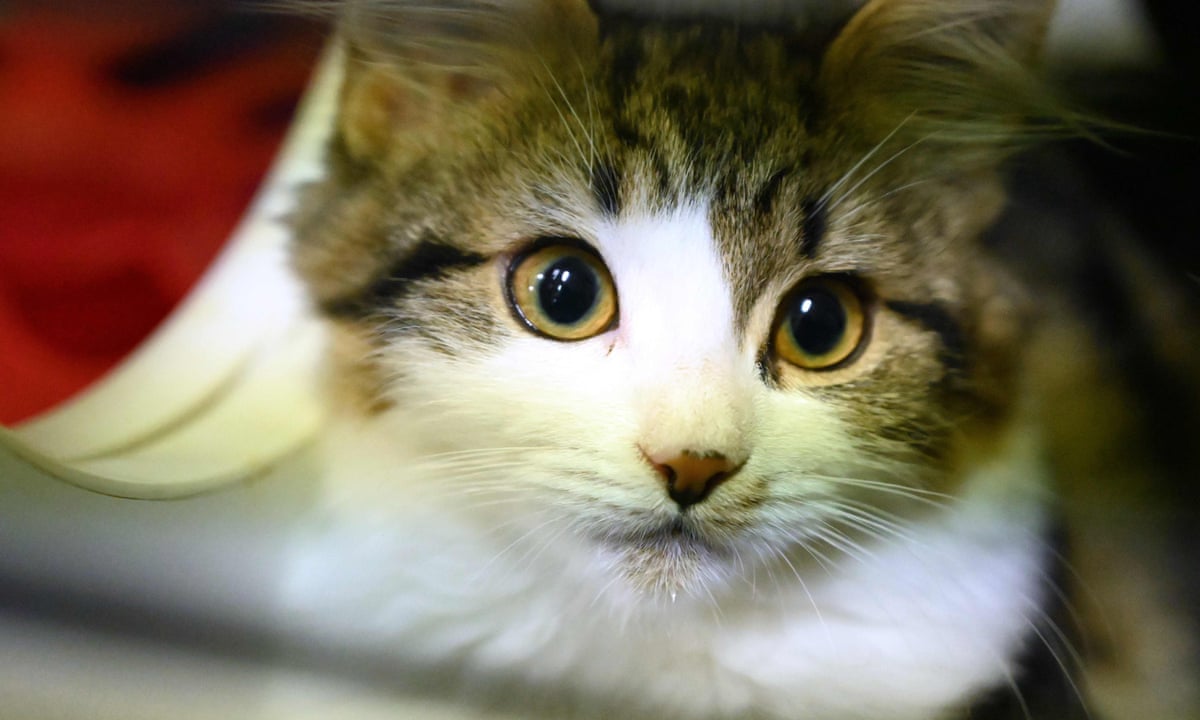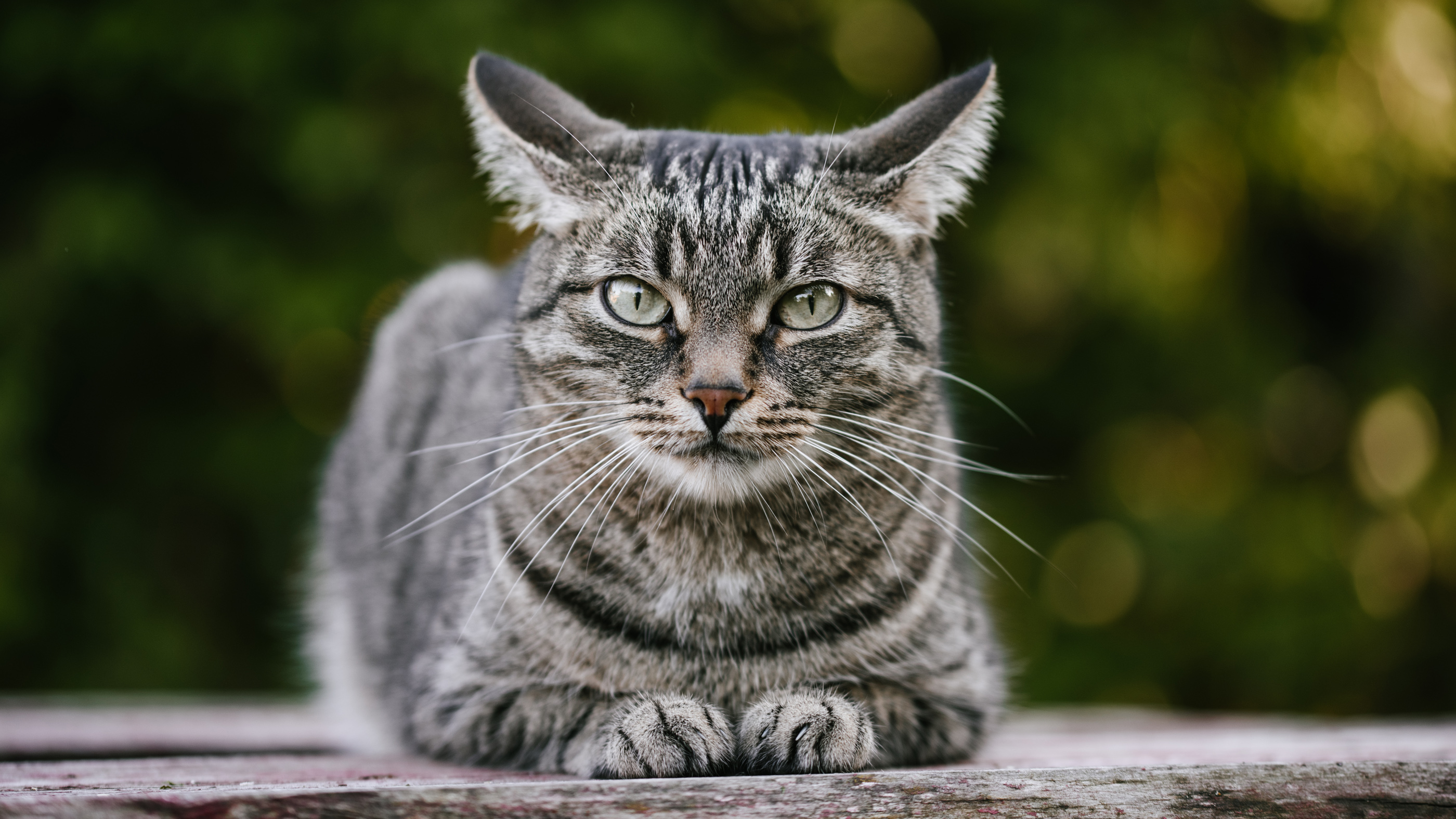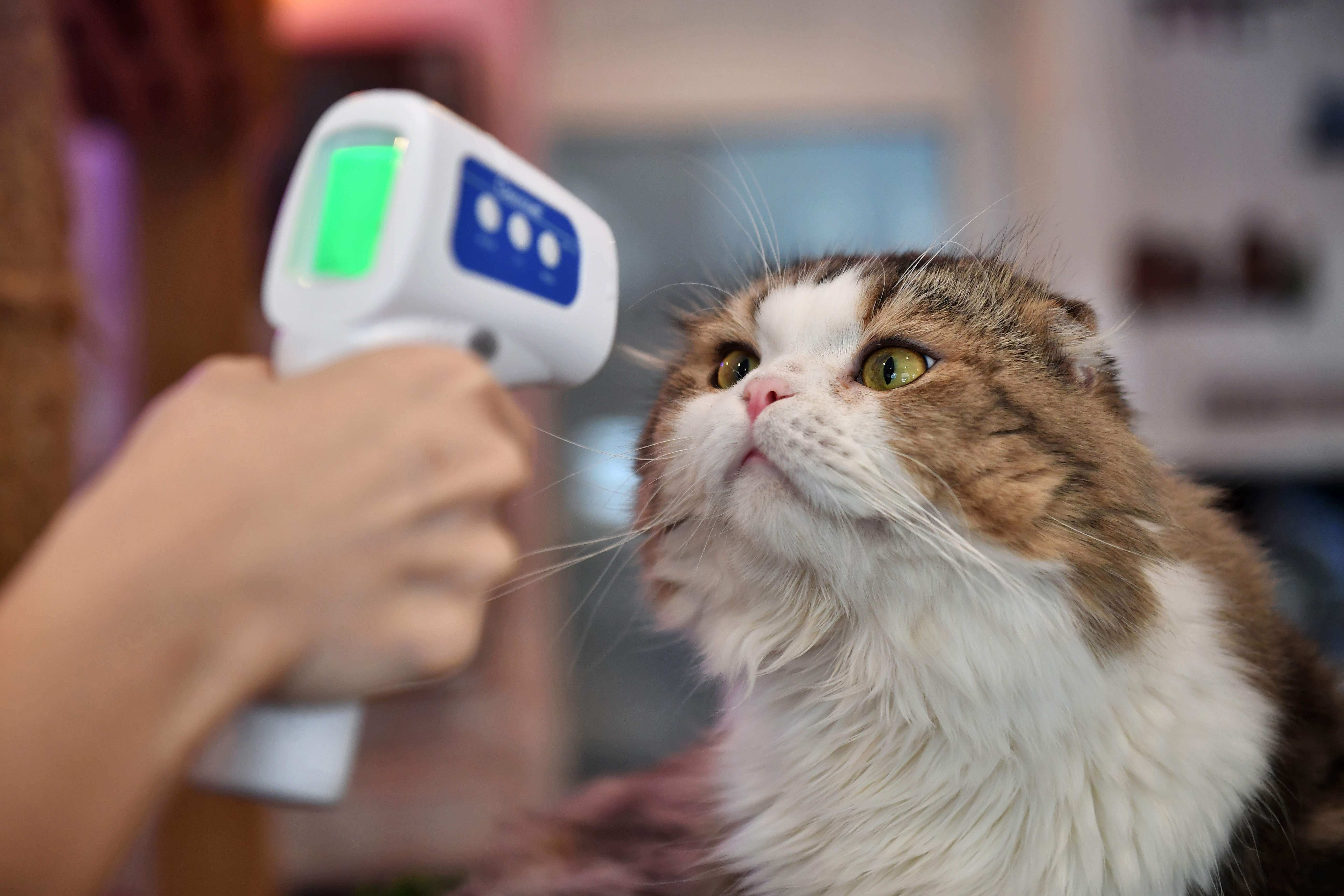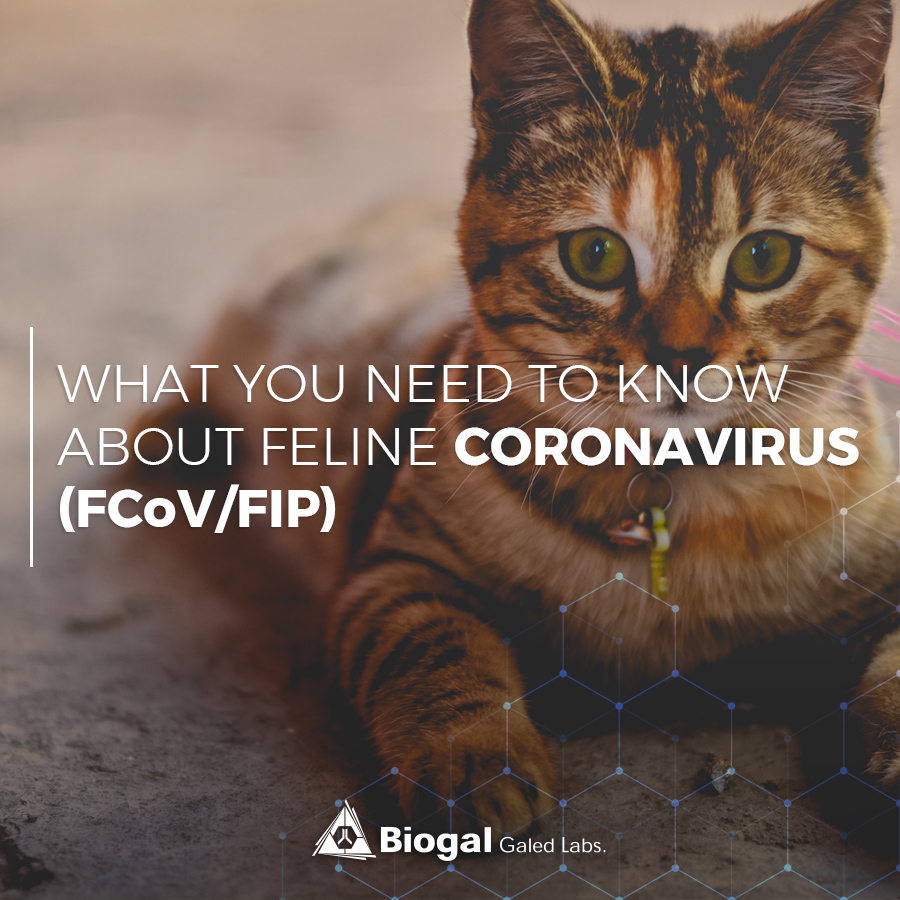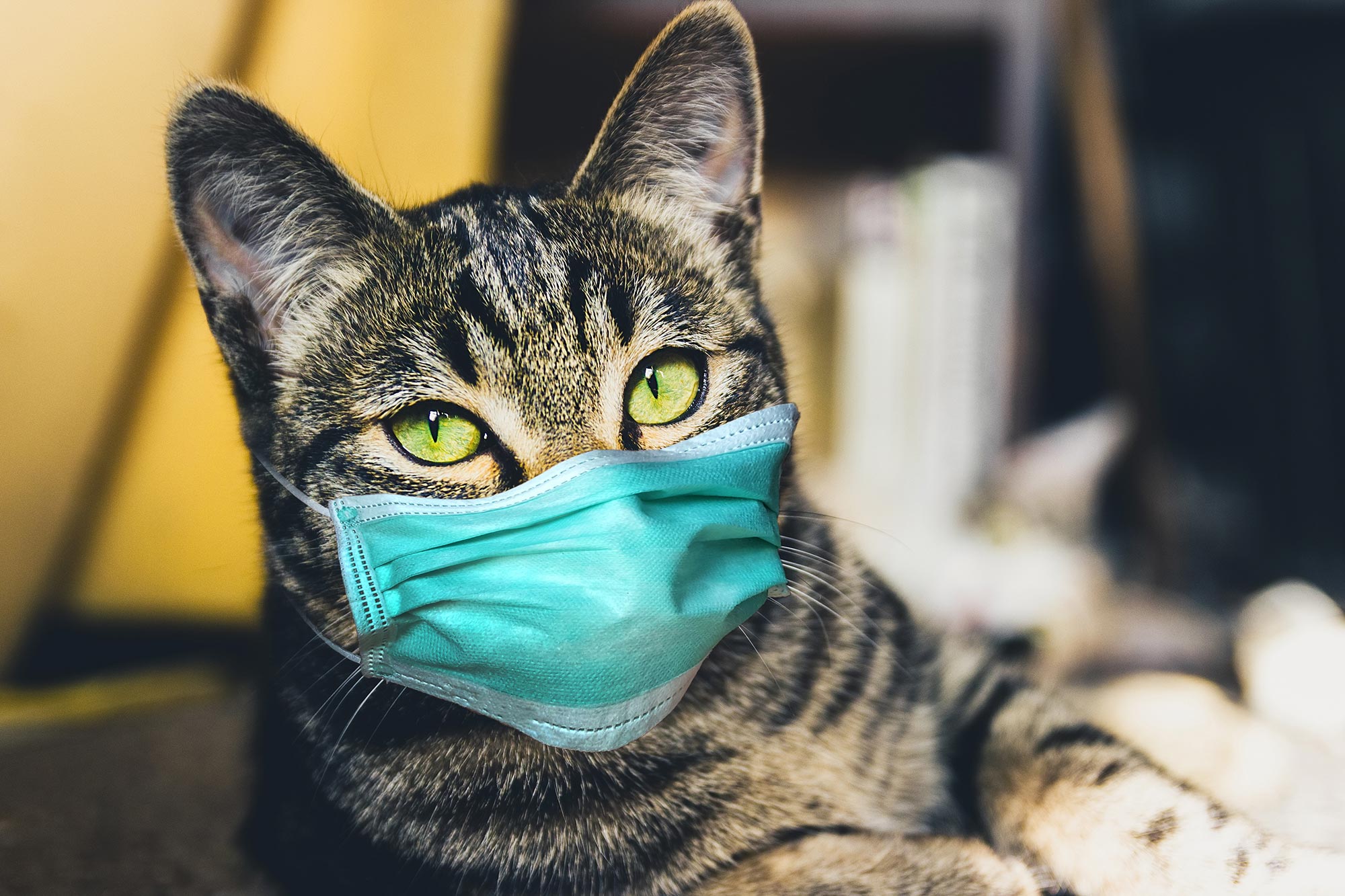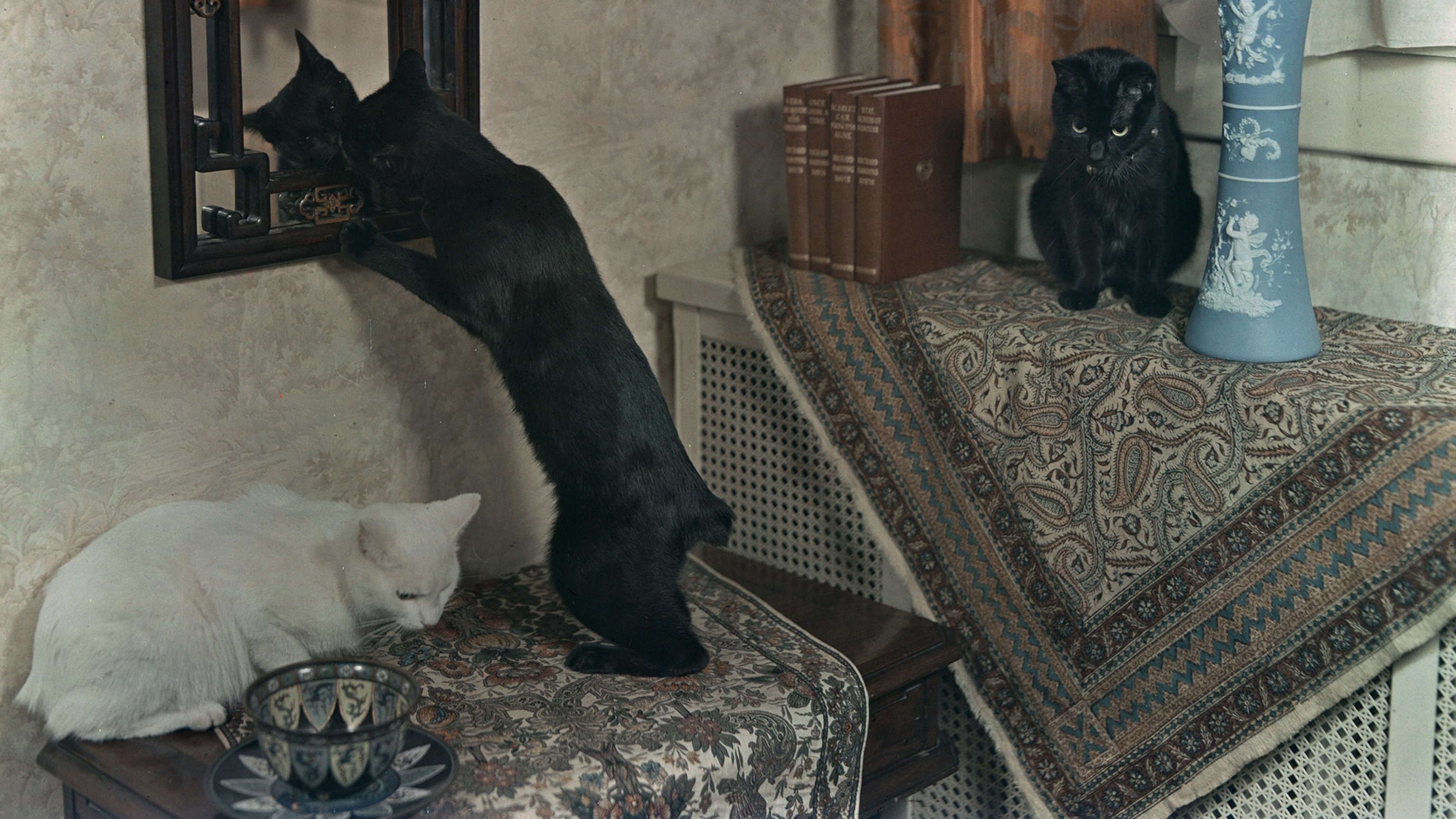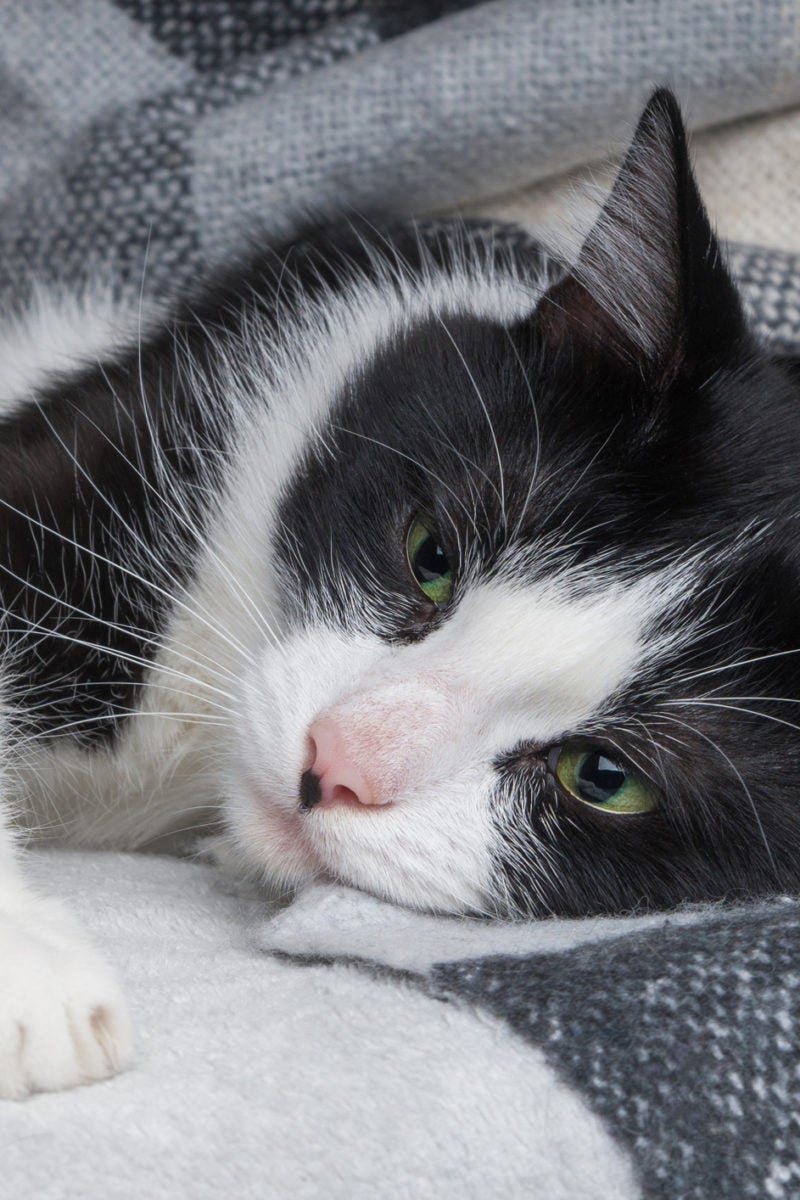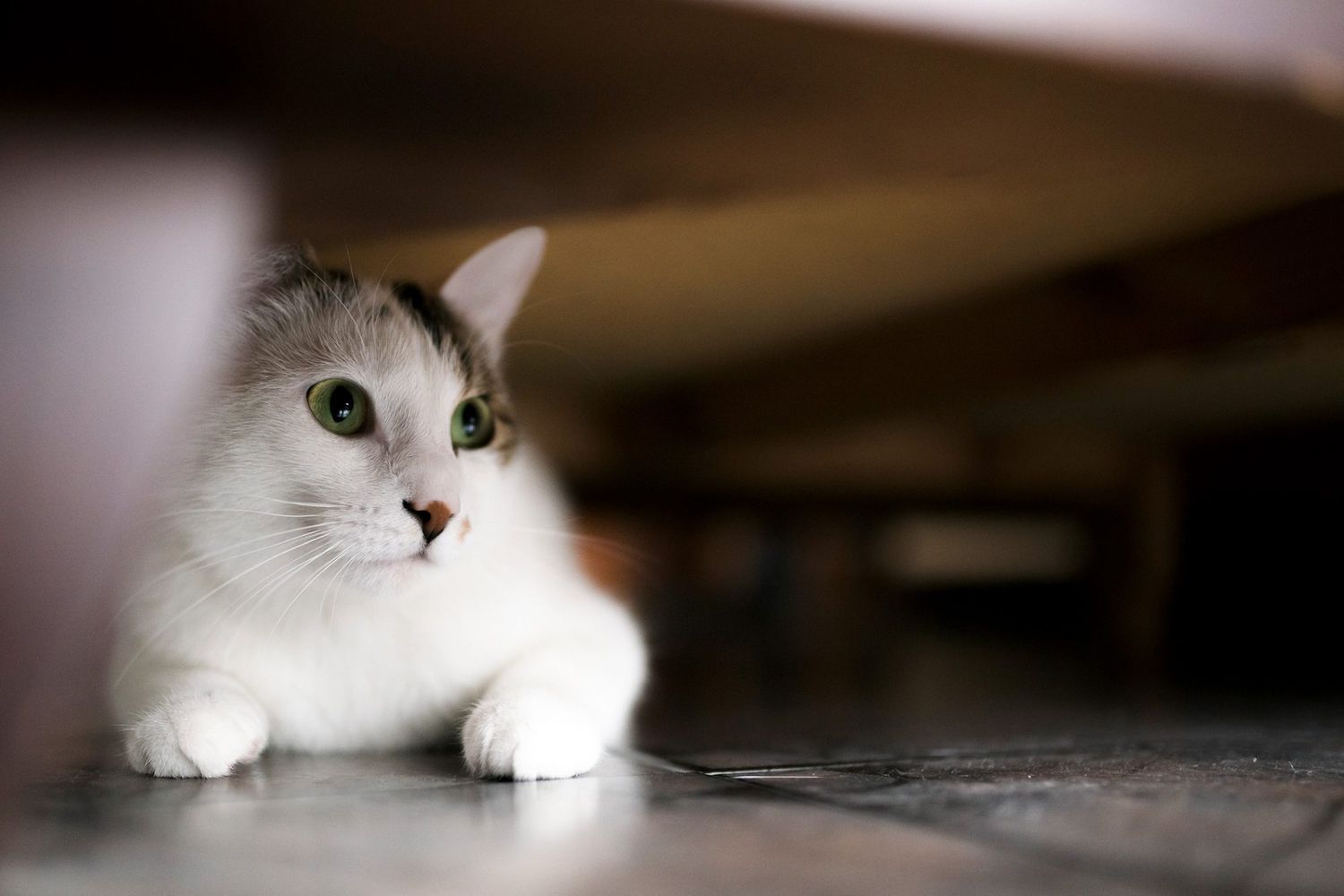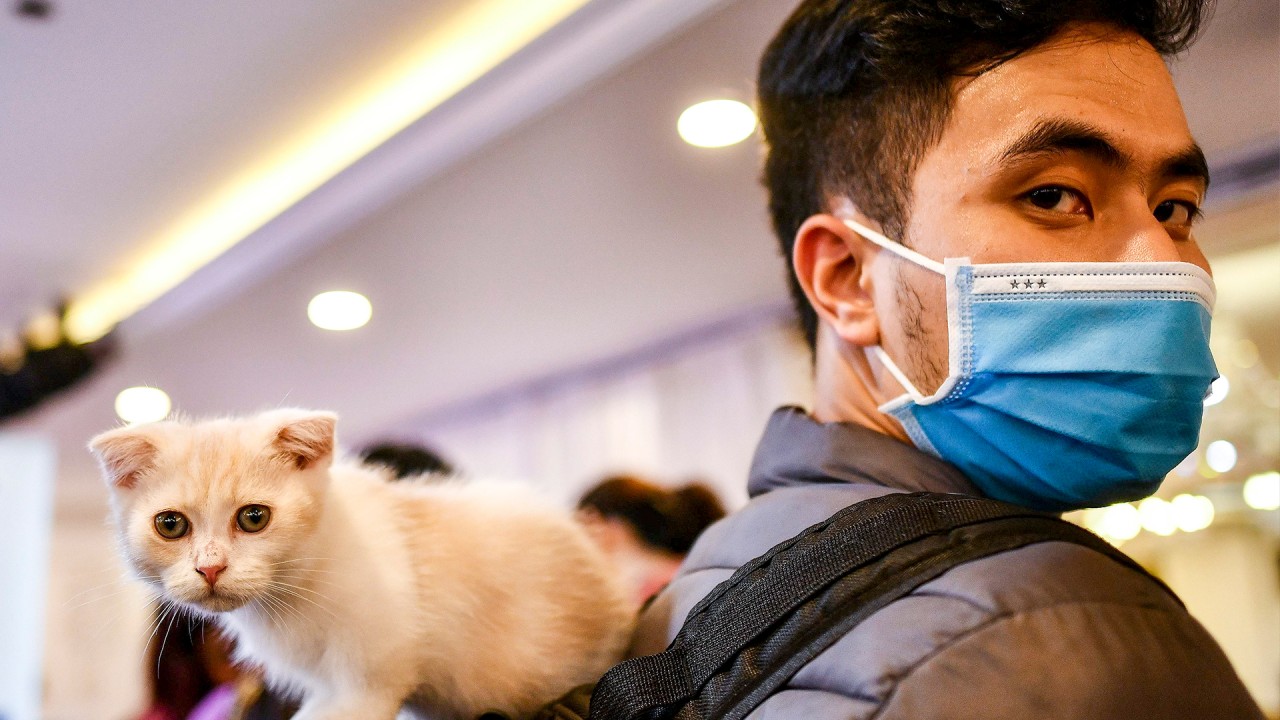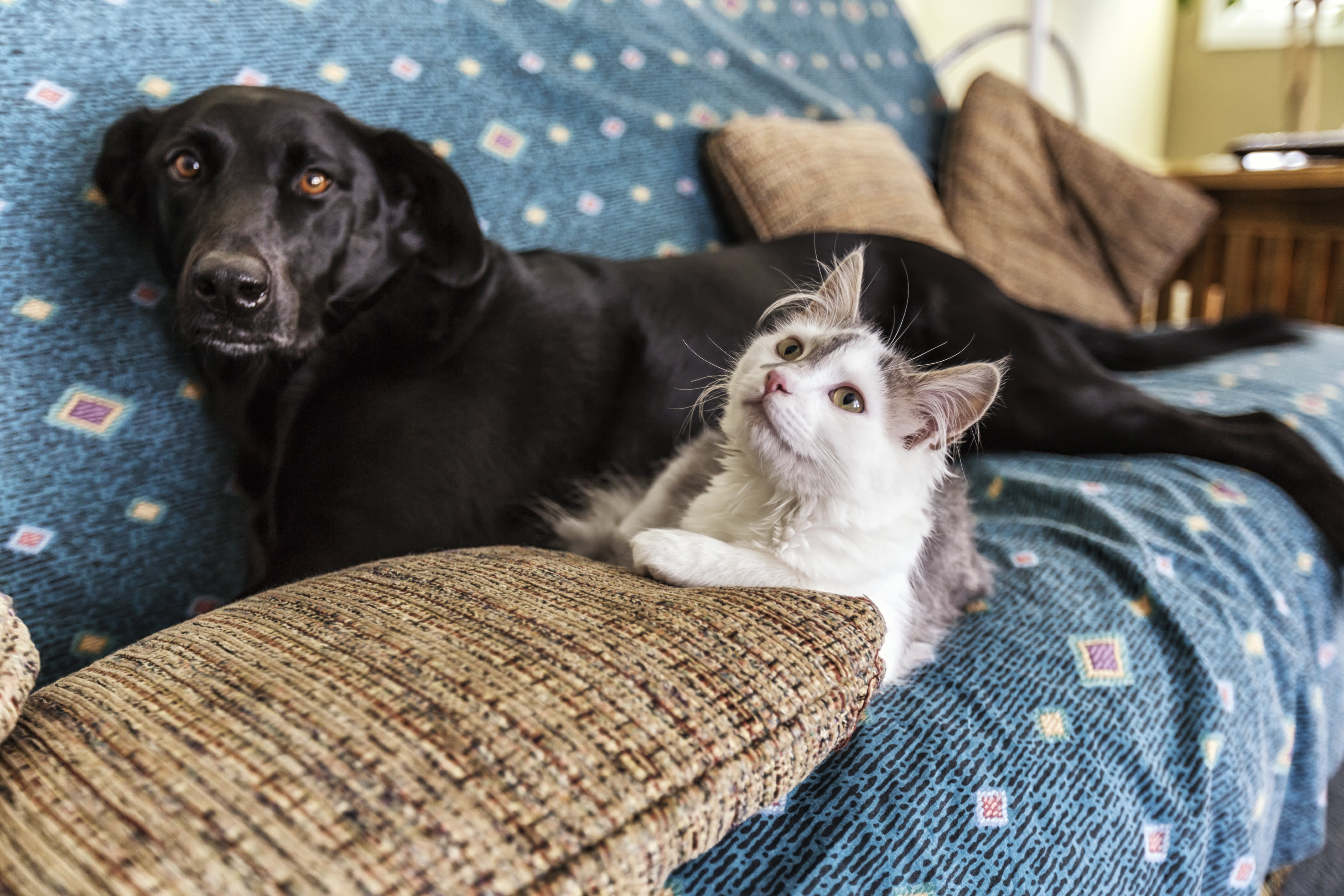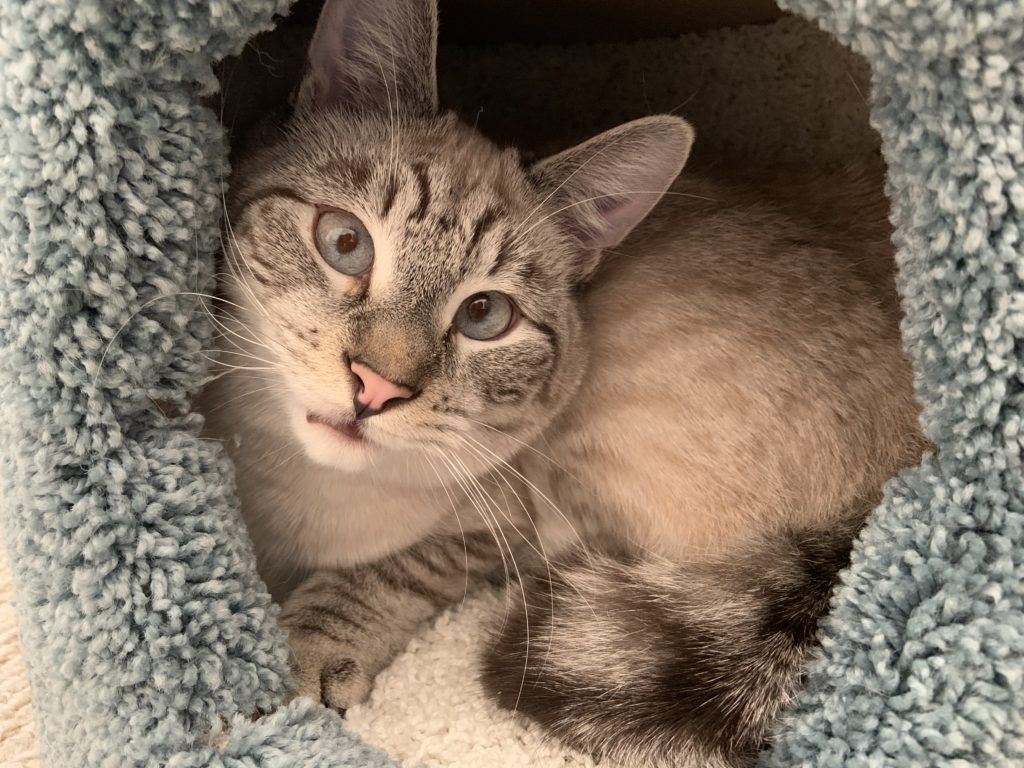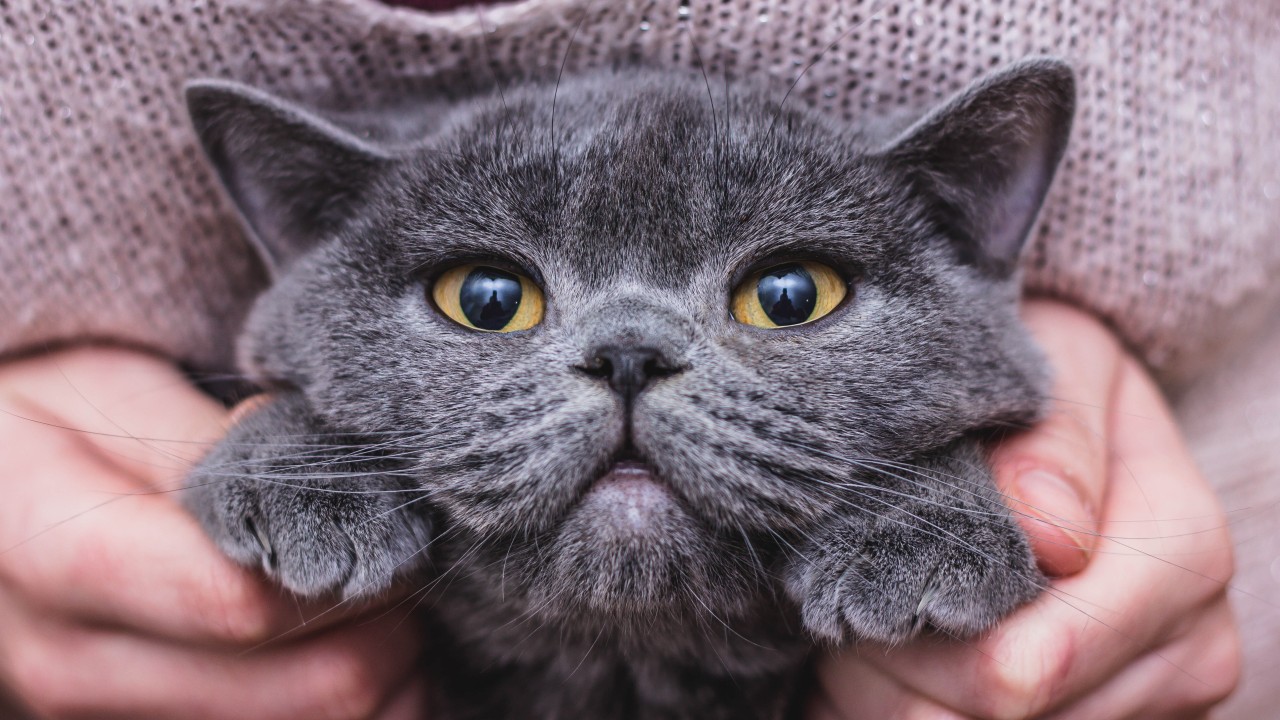Domestic Cat Coronavirus Symptoms
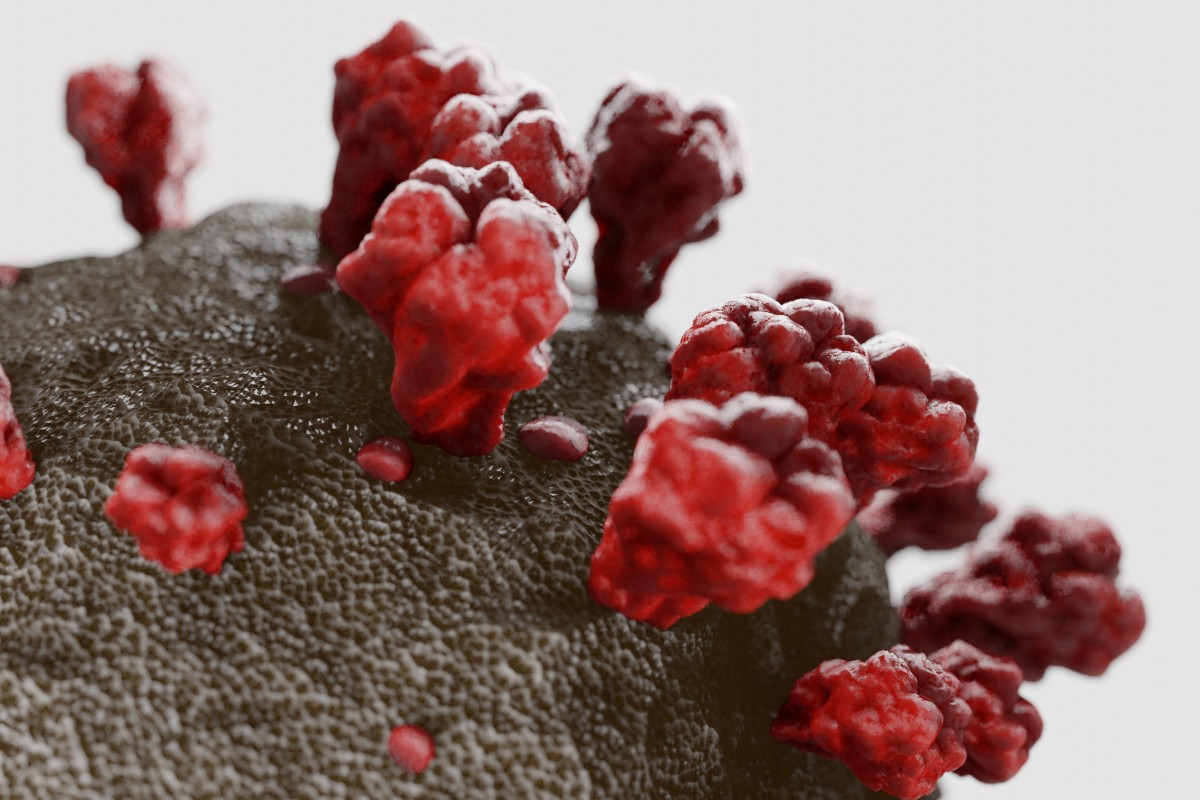
Some coronaviruses cause cold-like illnesses in people while others cause illness in certain types of animals such as cattle camels and bats.
Domestic cat coronavirus symptoms. If possible keep your cat indoors if they are happy to be kept indoors. Coronavirus Disease COVID-19 SARS-CoV-2 is a new type of coronavirus that has not previously been identified. The cat has recovered after 9 days but is still being observed by vets.
Feline Coronavirus FCoV RT-PCR. Two cases of human-to-cat transmission are identified as part of a screening programme of the UKs feline population. Of the small number of dogs and cats confirmed to have the virus that causes COVID-19 some didnt show any signs of illness.
If youve been diagnosed with are suspected of having or are displaying characteristic symptoms of coronavirus COVID-19 it is advisable to minimise the amount of time your cat spends outdoors unsupervised. Both cats had mild respiratory symptoms and are expected to recover. The pets that did become ill only experienced mild symptoms and could be cared for at home.
Although the cat had been experiencing mild symptoms including runny eyes and a snotty nose these signs were consistent with feline herpesvirus infection for which this cat also tested positive. None of them died. Experts say its important to know that cases of pet cats acquiring coronavirus are very rare.
In the naturally occurring case of feline COVID-19 from Belgium the cat developed GI and respiratory problems and recovered within nine days. Some coronaviruses such as canine and feline coronaviruses infect only animals and do not infect people. Cats appear to be at least mildly susceptible to COVID-19.
The cat showed symptoms of diarrhoea vomiting and coughing. Feline Coronavirus FCoV is a common viral infection in cats. The cat in Belgium however developed respiratory and gastrointestinal symptoms one week after its owner returned from Italy.


